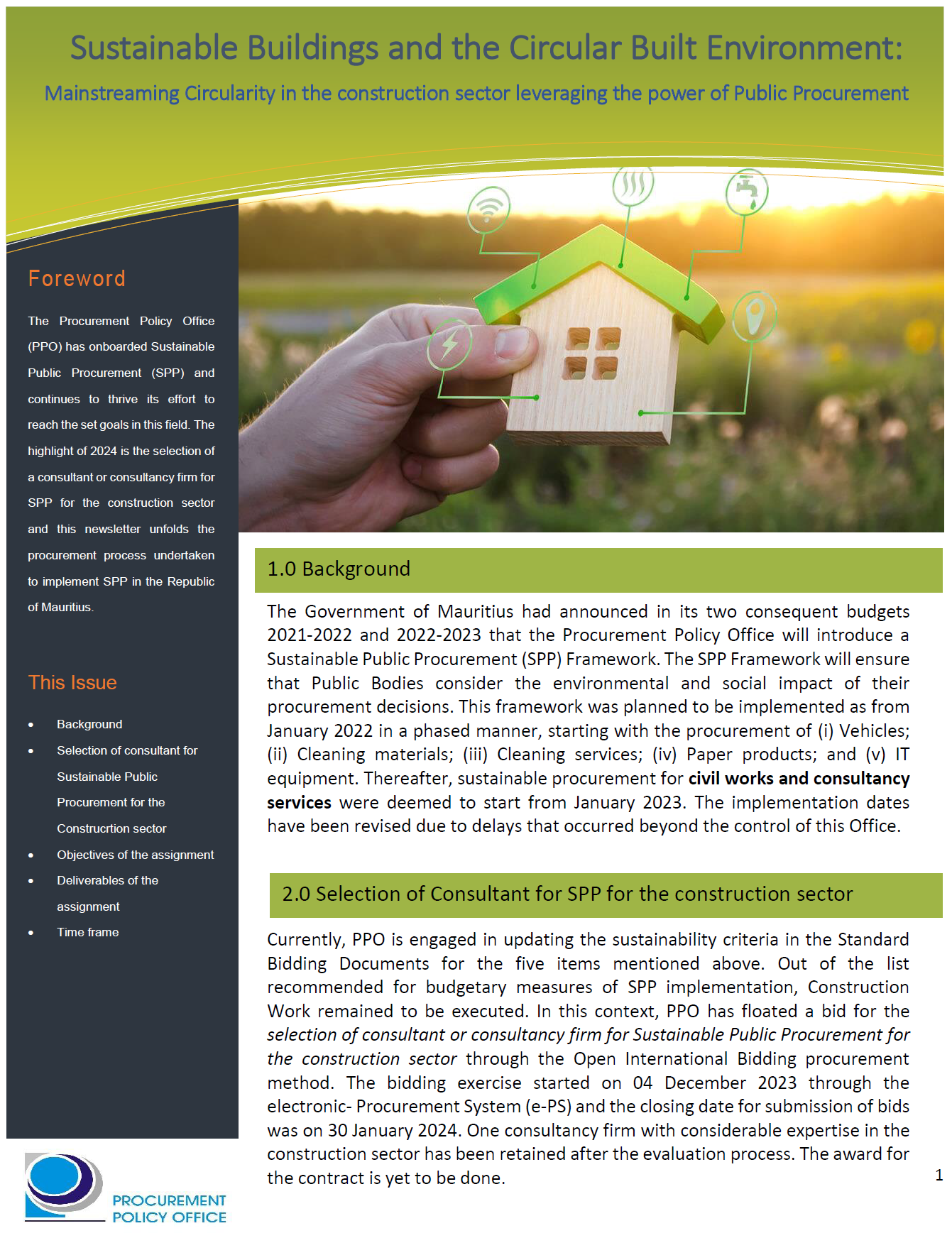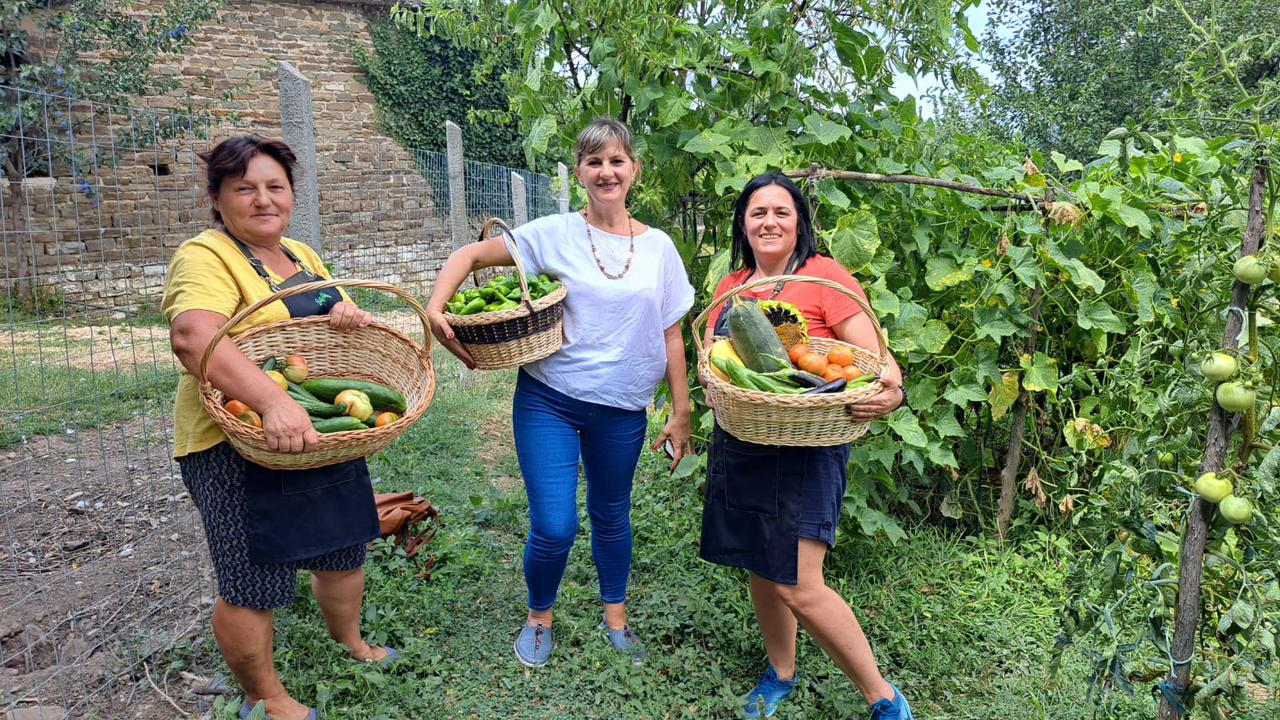How to effectively transform food systems with new inclusive governance mechanisms

Meeting global demand for healthy and nutritious food in ways that are equitable, efficient and sustainable requires solutions that are customized to local needs and realities. To achieve significant change in food systems, coordinated and large-scale actions by different stakeholders across countries are fundamental.
To shed some light on if and how existing Sustainable Food Systmes Multi-stakeholder Mechanisms have been leveraged by different countries in the context of the UNFSS, this affiliated session will dive into several Member State UNFSS Food Systems Dialogue processes, including cases in which existing SFS MSMs were involved in the Dialogue process, and cases in which, on the contrary, they were not.
WATCH THE FULL RECORDING OF THE EVENT HERE:
Food systems governance reform and food systems multi-stakeholder mechanisms (MSMs) have been recognized as key interventions during the UN Food Systems Summit (UNFSS) and the related Summit Member State Dialogues and National Pathways. The Secretary General’s Statement of Action called for the need for the implementation of National Pathways in an inclusive way, with all stakeholders playing a pivotal role in supporting implementation (at all levels, from national to territorial) of actions towards sustainable food systems. MSMs across the world today are already playing this important role of involving stakeholders in food-related policy processes. Nevertheless, for MSMs to succeed, they must overcome a series of challenges such as their establishment, institutionalization, sustainable funding, or the balancing of stakeholder participation and power, among other issues. Given their relatively young existence, knowledge on what makes MSMs work more effectively is still limited.
In the context of the UNFSS, Member States were encouraged to initiate multi-stakeholder Dialogues between November 2020 and May 2021. The National Dialogues led to the shaping of National Pathways to sustainable food systems and expressions of intention to support these Pathways from a broad range of stakeholders, providing opportunities for these stakeholders to engage in preparations for the UNFSS through structured interactions. At the moment, we know very little about if and how existing SFS MSMs were leveraged by the different countries for the UNFSS Dialogues and National Pathways process, contributing to this landmark moment for global food systems governance.
What can be learned from these experiences? What were the motivations between the different decisions? What was the nature, status, and reputation of these countries’ MSMs that may have motivated the different choices? Did differences in each SFS MSM’s mandate, funding, relationships to other institutions or other characteristics determine its readiness for involvement in the UNFSS Dialogues process? Had the SFS MSMs participated in other policy processes before, and if so, in which? Was maturity a factor?
Speakers:
Mr Olegario Estevao Banze
-
Mozambique
H.E. Francisco Ramos
Mr. Manuel Lapão
-
Comunidad de Países de Língua Portuguesa (CPLP)
Matheus Alves Zanella
-
Global Alliance for the Future of Food
Within the Ecosystems Division my role includes the following at a UNEP-wide level: 1. UNEP Focal point for the UN Food Systems Summit and part-time member of the Summit Secretariat. 2. Working with colleagues across UNEP and beyond to build and scale-up integrated approaches for food and agricultural systems transformation. 3. Helping to steer finance facilities to invest in sustainable and deforestation-free agricultural commodity production.
Responsible for driving the global efforts of WWF International to make the food system more sustainable. The Food Practice acts as a global hub that designs, delivers and harmonizes initiatives being run across the WWF offices worldwide and to share knowledge and best practices of the entire Network. The Food Practice focuses on three key action areas, namely nature-positive production, food loss and waste, and sustainable diets.
Dr. Catherine L. Mah MD FRCPC PhD is Canada Research Chair in Promoting Healthy Populations and Associate Professor in the School of Health Administration at Dalhousie University. She directs the Food Policy Lab, a multidisciplinary program of research on the environmental and policy determinants of diet and consumption, with particular interests in consumer food environments, household food insecurity, municipal and regional public policy, and health-promoting food systems. Dr. Mah is an expert appointee to Canada’s federal Nutrition Science Advisory Committee reporting to Health Canada, and member of the inaugural Canadian Food Policy Advisory Council reporting to the federal Minister of Agriculture and Agri-food. She holds academic appointments with the University of Toronto Dalla Lana School of Public Health and Saint Mary’s University, and is a Scientific Affiliate (Research) of Nova Scotia Health Nutrition & Food Services. Dr. Mah resides in Halifax. She began her career as a community paediatrician. She is a former citizen member of the Toronto Food Policy Council and founding member of the St. John’s Food Policy Council.
Anna joined the Food Foundation as its first Executive Director at the beginning of June 2015 after 5 years at the Department for International Development. The Food Foundation is an independent organisation that tackles the growing challenges facing the UK’s food system through the interests of the UK public. During 2019-21 she also served as Chief Independent Adviser to Henry Dimbleby – author of the National Food Strategy. At DFID Anna led the policy team on nutrition and supported the delivery of the UK’s global commitments to tackle undernutrition. Before joining DFID Anna worked for a number of international organisations including Save the Children and UNICEF supporting programmes in a wide range of contexts in Africa and South Asia. Anna has also worked for the UK Department of Health. In 2014 she was awarded an OBE for her work to address the global burden of undernutrition. She did an MSc in Human Nutrition at the London School of Hygiene and Tropical Medicine in 1994.
Autora de varias publicaciones científico-técnicas sobre el tema y quien a partir de 1985 formó parte del cuerpo profesional del Instituto de Nutrición de Centroamérica y Panamá (INCAP) donde, entre otros, ocupó el cargo de especialista en sistemas de vigilancia alimentaria y nutricional, coordinadora de la cooperación técnica en Belice, directora del Programa de Maestría en Alimentación y Nutrición, Coordinadora de la Unidad de Políticas Públicas y la Subdirección de dicha Institución. Desde 2006, con sede en San Salvador, El Salvador, funge como Directora del Programa Regional de Seguridad Alimentaria y Nutricional para Centroamérica (PRESANCA) de la Secretaría General del SICA (SG-SICA). Forma parte de las siguientes iniciativas: Comité Académico de la MS Regional de Seguridad Alimentaria y Nutritional, Iniciativas Globales: Board Member del Food Security Information Network, Steering Committee Member y durante el período comprendido entre Octubre-2020 a Octuber 2021 fue presidente del Comité de Dirección de IPC (Integrated Phases Classification for Food and Nutrition Security), es miembro del Comité Estratégico-Asesor para el análisis de resiliencia y políticas públicas (REDDI-SAC)
Mark Lundy is a Research Director at the Alliance Bioversity International and CIAT, based in Cali, Colombia where he leads the global Food Environment and Consumer Behavior team. His work focuses on the role of market systems in reducing poverty including learning networks to increase capacities for enterprise development, the role of public agencies to promote inclusive markets and how to establish and sustain effective trading relationships between retailers, traders and farmers. Emerging areas of work include the food environment of traditional markets and low-income consumers, climate resilience and environmental sustainability of food systems and multi-actor platforms to improve decision-making. Mark is lead author of guides on rural enterprise development, the LINK method on inclusive business models and an active participant in multi-stakeholder forums focused on food systems, sustainability and social inclusion.
Supporting document(s)


